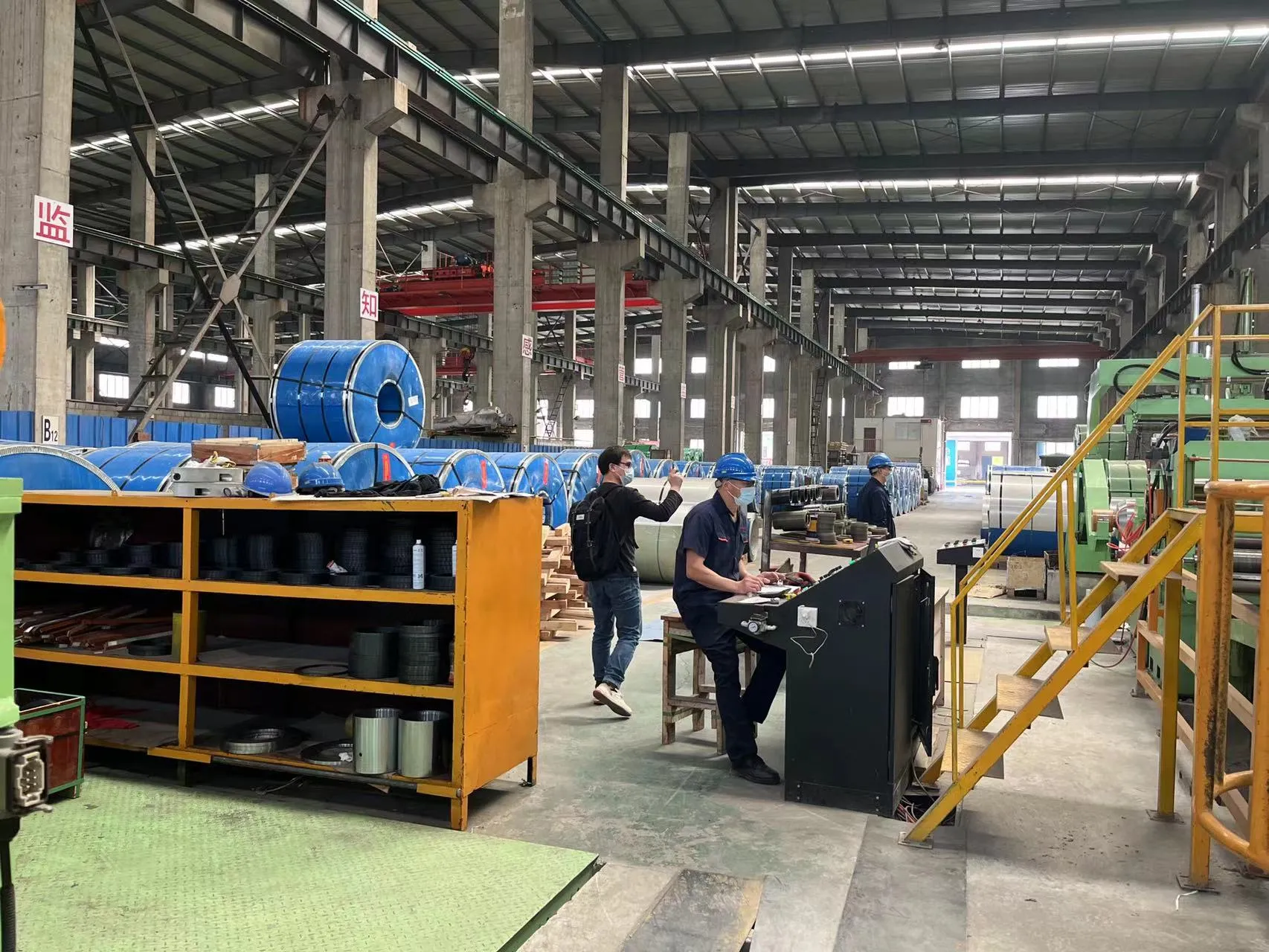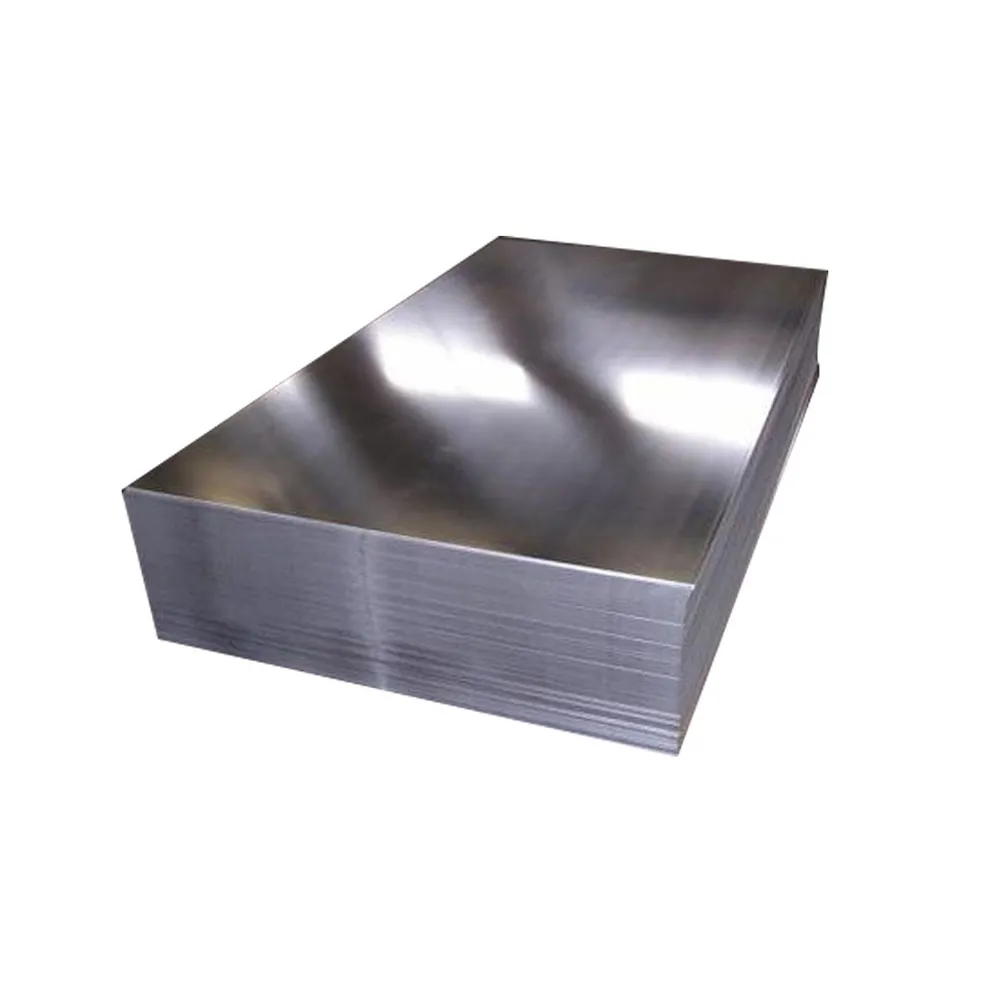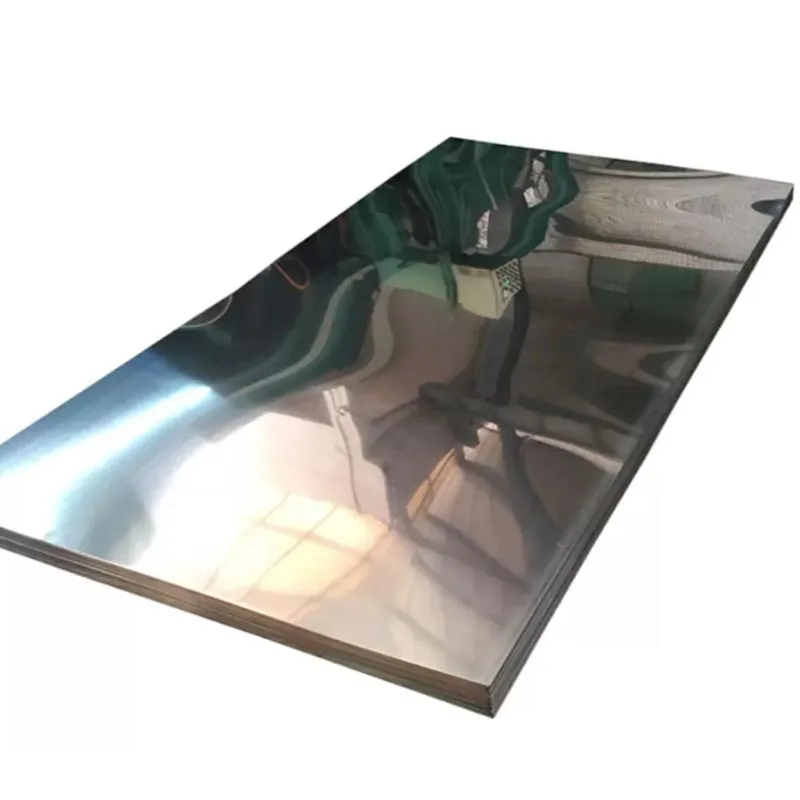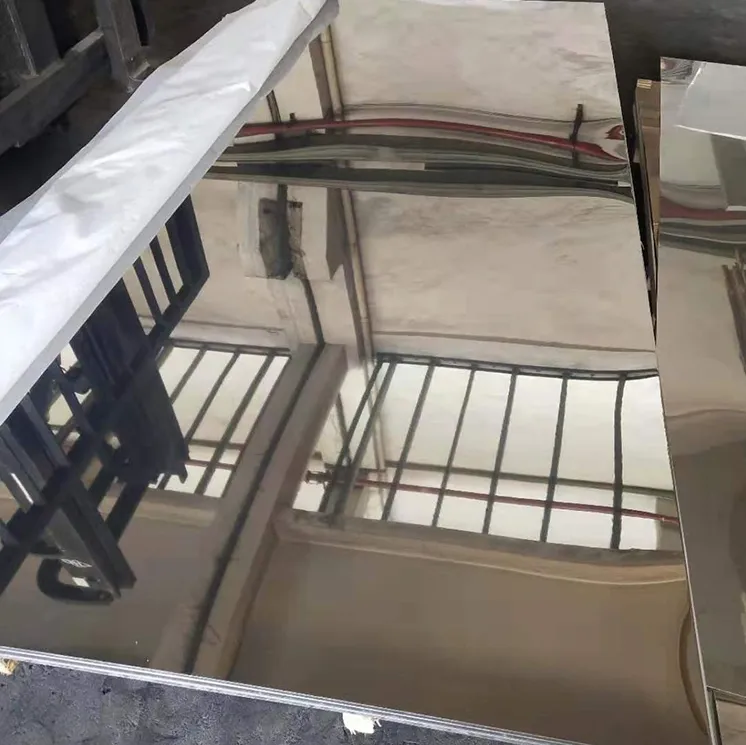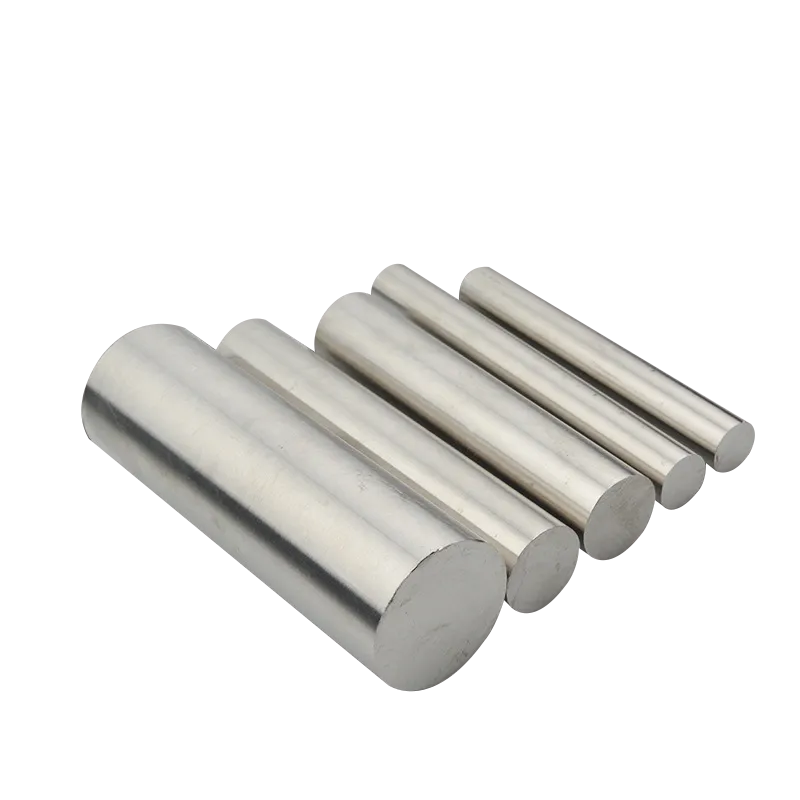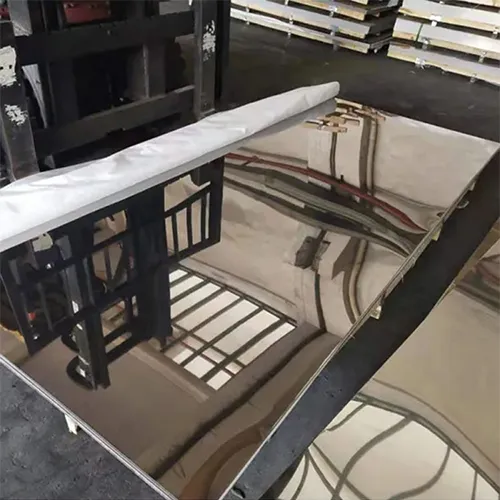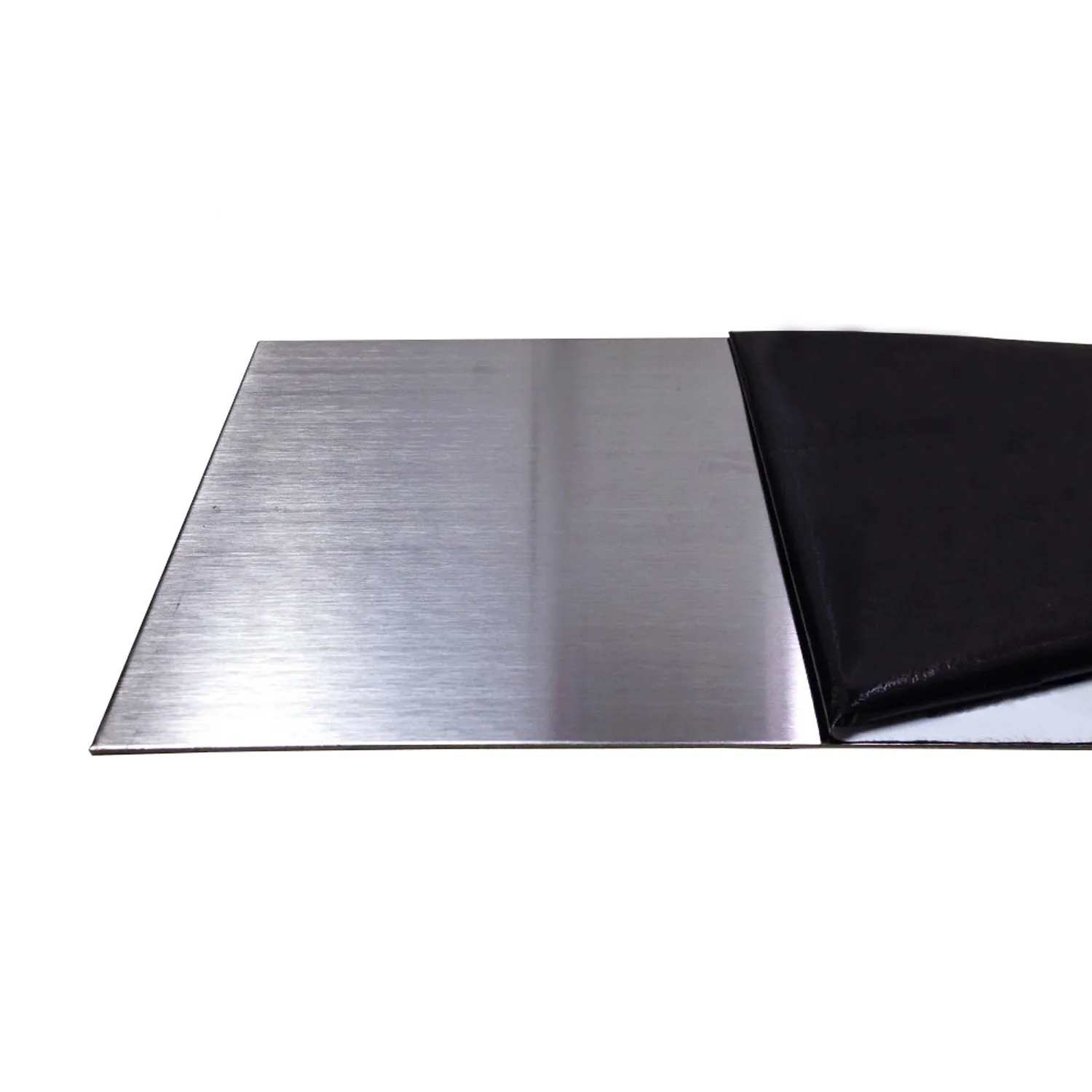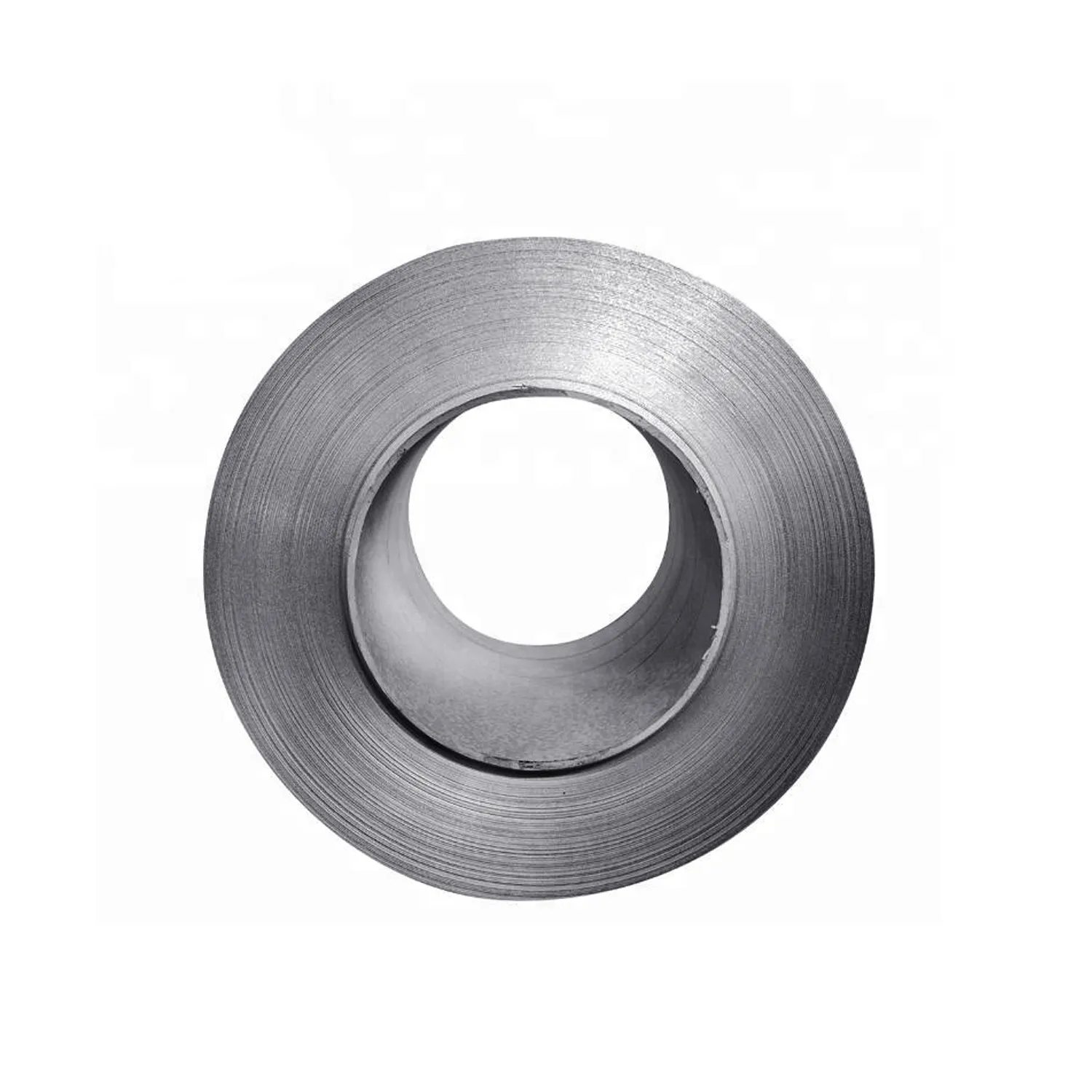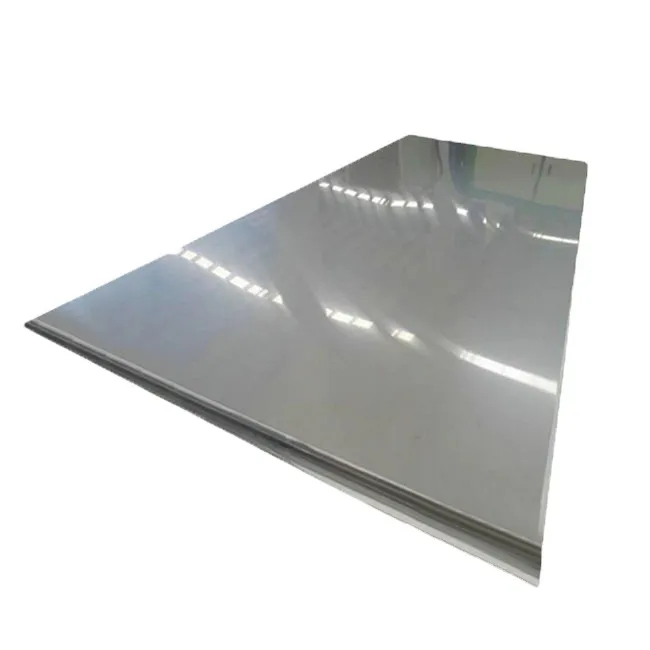PRODUCT CENTER
CONTACT US
If you are interested in cooperation, please contact us immediately, we will give you feedback as soon as possible!
The 440A stainless steel coil offers distinct advantages, particularly its high hardness, excellent edge retention, and moderate corrosion resistance. Engineered with elevated carbon content, it excels in industries such as cutlery manufacturing, where sharpness and durability are essential. Its robust properties ensure longevity and reliability in demanding conditions, making it ideal for applications requiring wear resistance. Additionally, its moderate corrosion resistance enhances its suitability for environments such as food processing and marine applications. Its versatility and formability enable efficient fabrication into critical components across diverse sectors, establishing it as a preferred choice for challenging operational environments. Overall, the 440A stainless steel coil stands as a reliable solution, delivering exceptional performance and durability in specialized industrial applications.
The advantages of 304H stainless steel plate lie in its specialized composition tailored for high-temperature applications, offering exceptional creep strength and corrosion resistance. Its ability to withstand elevated temperatures makes it ideal for use in industries such as petrochemical, power generation, and heat treatment, where components must endure harsh conditions. Additionally, its versatility extends to chemical processing equipment and automotive exhaust systems, where its durability and resistance to oxidation ensure reliable performance in demanding environments, enhancing operational efficiency and longevity.
The advantages of 2520 stainless steel plate, also known as 310S stainless steel, lie in its exceptional high-temperature resistance and superior corrosion resistance properties. Its ability to withstand extreme temperatures and harsh environments makes it ideal for use in industries such as petrochemical, aerospace, and power generation, where components face rigorous conditions. Additionally, its resistance to sulfidation and carburization further enhances its suitability for applications in heat treatment facilities and industrial furnaces, ensuring longevity and reliability in demanding environments.
The advantages of 317 stainless steel plate lie in its exceptional corrosion resistance, particularly in acidic environments containing chlorides and sulfuric acid. Its superior performance in harsh conditions makes it a preferred material for manufacturing components in chemical processing equipment, pulp and paper industry machinery, and food processing equipment. Additionally, its resistance to corrosion and high temperatures makes it suitable for applications in marine environments and nuclear power plants, ensuring longevity and reliability in demanding industrial settings.
The advantages of 410 stainless steel round bar lie in its high strength, moderate corrosion resistance, and excellent machinability. Widely utilized across industries such as automotive, aerospace, and machinery, it offers durability and reliability in applications requiring strength and machinability. Additionally, its versatility extends to architectural and structural uses, alongside the manufacturing of tools and equipment, owing to its robustness and ease of fabrication. Its cost-effectiveness further enhances its appeal, making it a preferred choice for various consumer and industrial applications needing reliable performance and ease of machining. Overall, 410 stainless steel round bar delivers dependable performance and efficiency, meeting diverse manufacturing requirements with strength and durability.
The advantages of 347H stainless steel plate stem from its elevated carbon content and superior high-temperature properties, making it an excellent choice for applications requiring both elevated temperature resistance and corrosion resistance. Its exceptional stability and resistance to intergranular corrosion ensure durability in harsh environments, particularly in petrochemical processing, thermal processing, and power generation facilities. Additionally, its suitability for applications involving exposure to corrosive environments and thermal cycling enhances its reliability and longevity in demanding industrial settings.
The advantages of 440C stainless steel plate stem from its exceptional hardness, wear resistance, and corrosion resistance properties, making it a preferred material for high-performance applications. Its outstanding hardness and wear resistance make it ideal for manufacturing high-quality knife blades, cutting tools, and surgical instruments that require durability and sharpness. Additionally, its corrosion resistance ensures longevity and reliability in harsh environments, while its versatility extends to applications such as bearings and aerospace components, where its exceptional properties contribute to optimal performance and longevity.
The 904 stainless steel coil boasts significant advantages, notably its exceptional corrosion resistance and high strength properties. Engineered with high levels of chromium, nickel, and molybdenum, it excels in industries such as oil and gas, chemical processing, and marine engineering, where exposure to harsh environments is common. Its resistance to pitting, crevice corrosion, and chloride stress corrosion cracking ensures longevity and reliability in demanding conditions. Additionally, its versatility and formability facilitate efficient fabrication into critical components across various sectors, making it a preferred choice for challenging operational environments. Overall, the 904 stainless steel coil stands as a reliable solution, offering exceptional performance and durability in specialized industrial applications.
The advantages of 310 stainless steel plate stem from its outstanding high-temperature strength and exceptional corrosion resistance properties. Its ability to withstand extreme heat and harsh environments, combined with its resistance to sulfidation and carburization, makes it indispensable in industries such as petrochemical, aerospace, and power generation. Additionally, its reliability and versatility ensure optimal performance in furnace parts, heat exchangers, and thermal processing equipment, contributing to enhanced efficiency and longevity in demanding applications.


